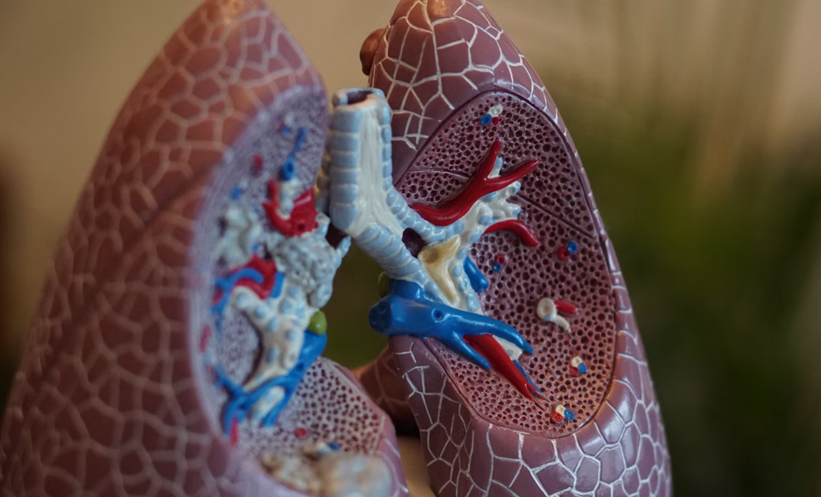AUGMENTATION therapy improves survival rates amongst patients with severe ɑ1 antitrypsin deficiency (AATD), according to recent research carried out by Daniel Fraughen, Royal College of Surgeons in Ireland (RCSI), Dublin, Republic of Ireland, and colleagues. The findings from this study may benefit those patients with AATD who experience a rapid decline in lung function at a younger age.
Fraughen and his team conducted an observational, real-world study involving 615 patients with severe AATD, in order to analyse the effects of intravenous plasma-purified ɑ1 antitrypsin (IV-AAT), also known as augmentation therapy, on lung function and survival over a period of 58 months on average. The patients included in this study lived in Ireland (n=211), Switzerland (n=109), or Austria (n=295). The team noted that this was an important factor, as IV-AAT access is not the same across these locations, with the therapy being reimbursed in Switzerland and Austria but not in Ireland. Patients belonged to either the lung index group (diagnosed for respiratory reasons; n=431) or the non-lung index group (diagnosed for non-respiratory reasons; n=178), showing differences in lung function decline.
Results showed that between age 20–50 years, patients in the lung index group had larger decreases in forced expiratory volume (FEV1; 41 mL/year) compared to those in the non-lung index group (31 mL/year), although these declines plateaued after those in the lung index group turned 50 years old. In the majority of patients, the team reported, FEV1 decline did not change with IV-AAT. However, it was found that patients with severe AATD who received augmentation therapy had a survival benefit (P <0.001).
The researchers concluded: “Augmentation therapy appears to be effective at higher FEV1 values than what it is currently licensed for,” which may indicate that IV-AAT is being offered too late to patients with severe AATD, when there is advanced lung disease. “The diagnosis of AATD [should be considered] as early as possible, as the condition has now been shown to be medically actionable,” added Fraughen.








